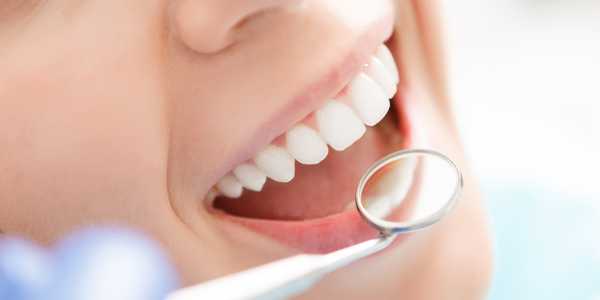
BURNING MOUTH SYNDROME IS A PAINFUL COMPLEX CONDITION
Burning Mouth Syndrome (BMS) is a painful, complex condition often described as a burning, scalding, or tingling feeling in the mouth that may occur every day for months or longer. Dry mouth or an altered taste in the mouth may accompany the pain.
BMS is most commonly found in adults over the age of 60. It is estimated to be about five times more frequent in women than in men.
Doctors and dentists don’t have a specific test for BMS, which makes it hard to diagnose. No specific treatment works for everyone. However, a doctor can prescribe medications to help you manage the pain, dry mouth, or other symptoms.
Causes
Primary BMS. If BMS isn’t caused by an underlying medical problem, it is called primary BMS. Experts believe that primary BMS is caused by damage to the nerves that control pain and taste.
Secondary BMS. If BMS is caused by an underlying medical problem, it is called secondary BMS. Treating the medical problem should relieve the symptoms. Common causes of secondary BMS may include:
Hormonal changes (such as those associated with menopause or thyroid disease)
Metabolic disorders such as diabetes
Allergies to dental products, dental materials (usually metals), or foods
Dry mouth, which can be caused by disorders (such as Sjögren’s syndrome) and treatments (such as certain drugs and radiation therapy)
Medications such as those that reduce blood pressure
Nutritional deficiencies such as a low level of vitamin B12 or iron
Oral infections such as a yeast infection
Acid reflux
Symptoms
The main symptom of BMS is a burning, scalding, or tingling pain in the mouth. It can also feel like numbness. Other symptoms include dry mouth or altered taste in the mouth.
BMS usually affects the tongue, but the pain may also be in the lips, the roof of the mouth, or throughout the mouth.
The pain of BMS can last for a long time. Some people feel constant pain every day. For others, pain increases throughout the day. For many people, pain is reduced when eating or drinking.
Diagnosis
BMS is hard to diagnose. It’s not something that a doctor or dentist can see during an exam. Your dentist or doctor may refer you to a specialist. Specialists who diagnose BMS include dentists who specialize in oral medicine or oral surgery. Otolaryngologists (ear, nose, and throat specialists), gastroenterologists, dermatologists, or neurologists may also be able to diagnose the disorder.
To diagnose BMS, a dentist or doctor will review your medical history and examine your mouth. Additional tests may be needed such as:
Blood tests to check for underlying medical problems
Oral swab tests
Allergy tests
Salivary flow test
Tissue biopsy
Imaging tests
Treatment
BMS is a complex pain disorder. The treatment that works for one person may not work for another. Your dentist or doctor may prescribe medications to help manage the pain, dry mouth, or other symptoms.
Symptoms of secondary BMS may go away when the underlying medical condition, such as diabetes or oral infection, is treated. If a drug is causing the problem, a doctor may switch you to a different medicine.
Helpful Tips
To help ease the pain, sip a cold beverage, suck on ice chips, or chew sugarless gum.
Avoid things that can irritate your mouth, such as:
Tobacco
Hot, spicy foods
Alcoholic beverages
Mouthwash that contains alcohol
Products high in acid such as citrus fruits and juices
Ask your dentist and doctor for other helpful tips.
Article Source
1. National Institutes of Health (NIH), USA.